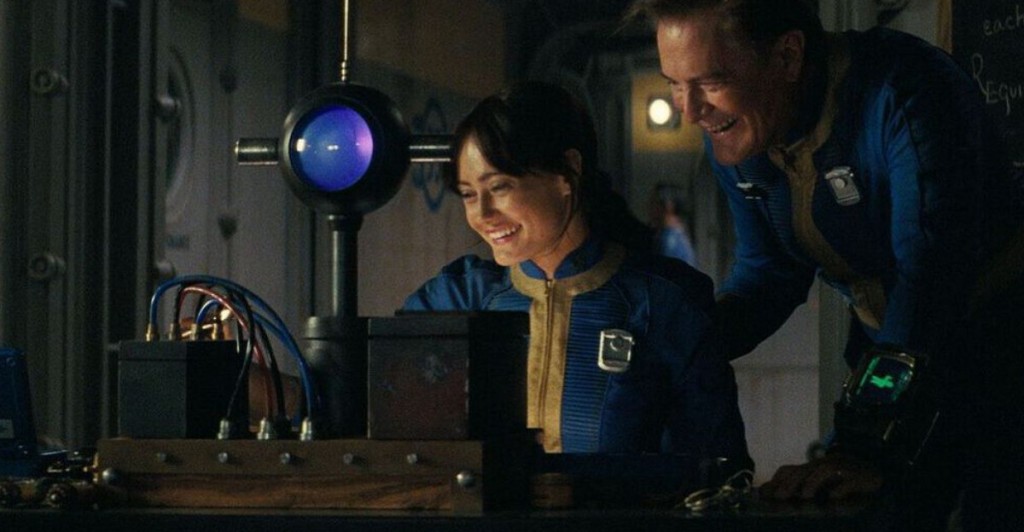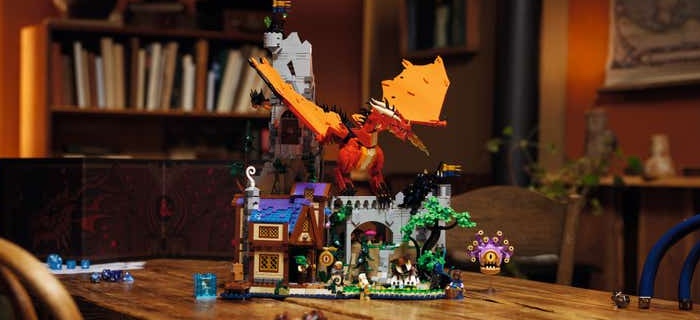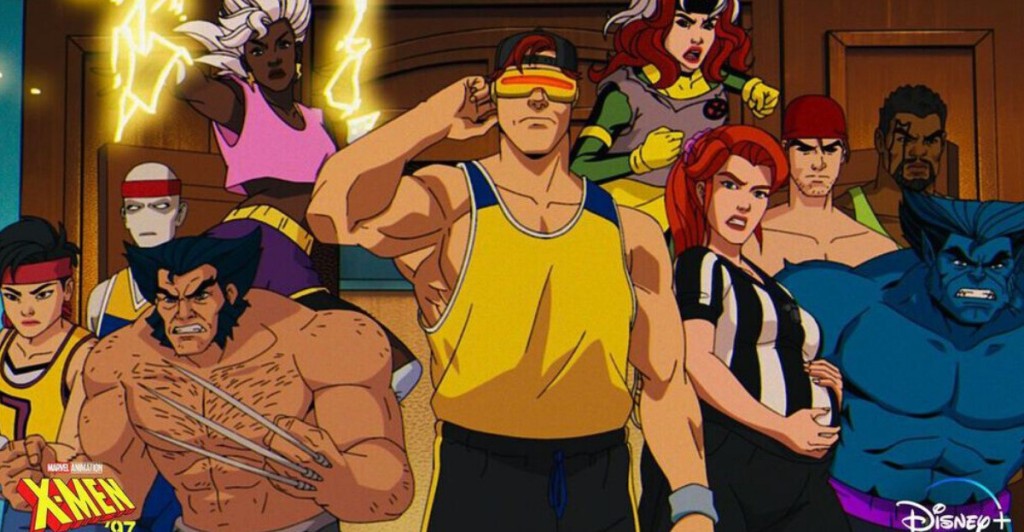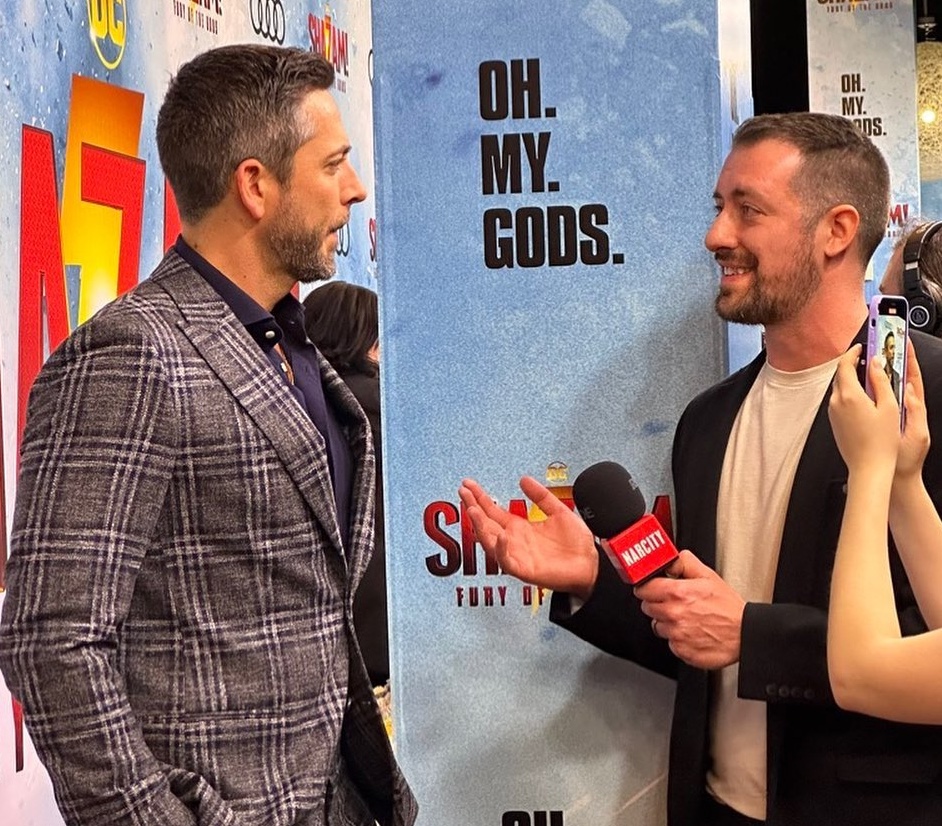
Video game developer BioWare’s release of its Extended Cut for the wildly popular but controversial Mass Effect 3 represented a surrender to the power of internet fandom the likes of which we haven’t seen before. Maybe you’ve asked for your money back after seeing a bad movie at the theater, but have you ever convinced the director to reshoot the ending to suit your tastes?
That’s exactly what happened with Mass Effect 3, BioWare’s sci-fi RPG shooter game built around a system of moral actions and consequences.
What separates the Mass Effect games from something like Call of Duty or Halo is the ability to play not as a faceless supersoldier, but as a full-fledged character of your own design. Your Commander Shepard looks and acts as you want him (or her) to look and act. Shepard is a window into BioWare’s heavily character-driven and voice-acted space drama, and through Shepard, you save or damn those you come to care about.

Save someone in Mass Effect 1 and get a thank you in Mass Effect 2. Betray or kill someone in Mass Effect 2 and deal with the backlash in Mass Effect 3. Annoyed with someone yelling at you? Interrupt them by punching them in the face. See a friend crying for a lost loved one? Bring her in for a good hug. In big ways and small, BioWare makes you feel the impact of your decisions.
And that’s why the ending of Mass Effect 3 was so disappointing to so many people. You could cure or betray the genetically sterilized krogan. You could choose to destroy a dangerous alien superweapon, or opt to twist it to your own ends. You could arrest a terrorist after averting disaster, or simply shoot him in the head and be done with him. But at the end of Mass Effect 3, whichever way you choose to defeat the galaxy-destroying Reapers, the end sequence is the same.
The nuanced threads of minor and major plots woven through three consecutive games culminate in a catch-all, vague ending that left so many people dissatisfied. That ending was so vague, in fact, that it led some fans to concoct an enormously complex conspiracy theory-style brainwashing explanation for it.
Others among the fanbase turned on BioWare and voiced their displeasure. Some even got creative with their campaign against the forced ending. One group sent cupcakes to the BioWare team in three different colours, with the message “No matter what colour you choose, they all taste the same” attached. Others started collecting donations to pay for the ending change.
BioWare responded quickly to all the criticism. The game debuted in March 2012, and by April, BioWare was promising a summer downloadable content release to pacify the outrage. That DLC pack hit on June 26 as a free set of varied end credits aimed at restoring players’ satisfaction with the product. It expanded on the big and little player choices and showed the fates of Shepard’s crewmates after the final showdown with the Reapers.
Executive producer Casey Hudson got out in front of the DLC’s release, attempting to both acknowledge fan dissatisfaction while also maintain the creative integrity of the Mass Effect team. “It provides a lot of the closure that players are looking for,” said Hudson in an interview with BioWare community manager Jessica Merizan. “It answers some of the questions that people have been asking.”
Fan speculation on the original ending saw it as an end to all life in the Mass Effect world – something Hudson was quick to dismiss. “In some cases, people feared the worst: that no matter what decisions you make, the entire galaxy was destroyed; everyone starves to death and so on. Which of course wasn’t our intention – it wasn’t the way we saw it – and it wasn’t the intended message that the Mass Effect Universe would end.”
Hudson acknowledged that the strength of Mass Effect’s character development contributed to the difficulty with then ending. “I think one aspect is that it’s tough to let go of a storyline and characters that you enjoy, and the endings didn’t really leave a lot of time to say goodbye to the experience – so a lot of people just wanted more closure.”
He also explained that the Extended Cut was not an alteration to the ending, but an expansion of it; it tied together more threads left untouched by the original.
BioWare CEO Ray Muzyka echoed those sentiments in a statement released with the announcement of the DLC. “With the Mass Effect 3: Extended Cut we think we have struck a good balance in delivering the answers players are looking for while maintaining the team’s artistic vision for the end of this story arc in the Mass Effect universe.”
The heavily story-driven franchise will go down as the first video game developer to go back and revise and ending to assuage the fanbase. With the rise of online gaming and periodical DLC releases, video games allow their developers to maintain a more persistent link with their audience than we see in any other medium. Content can be added and updated, creating an ever-evolving playing experience and a different way of telling stories. Mass Effect 3: Extended Cut is not just a patch to fix an error; it’s an acknowledgement of the importance of that enduring link between developer and gamer, between writer and audience.
BioWare may have opened the door for other franchises to do this same thing. Fans will remember the game that listened to its audience and gave them what they wanted. And they will certainly ask for it again.
Will anyone else say yes?




Leave a comment